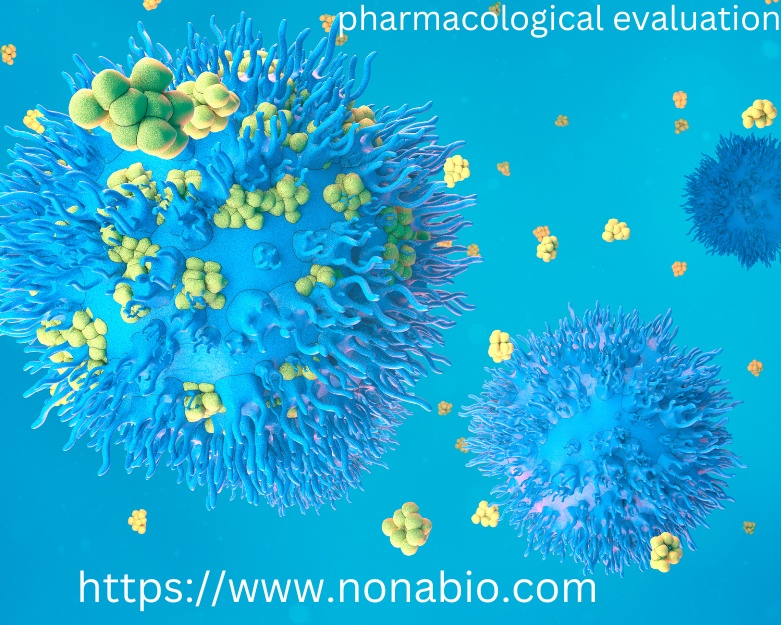In this guest post, we will explore the significance of pharmacological evaluation and its impact on bringing innovative medications to the market.
Pharmacological evaluation encompasses a series of systematic experiments and studies designed to assess how a drug candidate interacts with biological systems. These evaluations are conducted at various stages of drug development, starting from preclinical research and continuing throughout clinical trials. The primary objectives of pharmacological evaluation are:
-
Efficacy Assessment: Determining whether the drug candidate can produce the desired therapeutic effects. This involves studying how the compound interacts with its target (e.g., a specific protein, enzyme, or receptor) and whether it can modulate or regulate the biological processes involved in the disease.
-
Safety Profiling: Evaluating the safety of the drug candidate, including potential side effects and toxicological concerns. This is essential to ensure that the benefits of the drug outweigh any risks to patients. Safety assessments involve in vitro and in vivo studies, exploring the impact of the drug on various biological systems and organs.
-
Pharmacokinetics (PK): Investigating how the drug is absorbed, distributed, metabolized, and excreted within the body. PK studies help determine optimal dosing regimens and provide insights into how the drug will behave in humans.
-
Pharmacodynamics (PD): Analyzing the drug's effects on the body over time, including the duration and intensity of its action. This is crucial for understanding how patients will respond to treatment and for fine-tuning dosing schedules.
-
Mechanism of Action (MOA): Uncovering the precise mechanism by which the drug exerts its therapeutic effects. A deep understanding of the MOA helps researchers refine the drug's design and identify potential interactions or side effects.
-
Dose-Response Relationship: Establishing the relationship between the dose administered and the magnitude of the drug's effects. This aids in defining the optimal therapeutic dose and ensuring that the drug achieves the desired clinical outcomes.
Pharmacological evaluation is not a one-time event; it is an ongoing process that continues throughout clinical trials. These evaluations provide a foundation for informed decision-making during drug development. Data generated through pharmacological studies help identify promising candidates and eliminate those that may not meet the necessary standards for efficacy and safety.
Ultimately, the successful completion of pharmacological evaluation is a critical milestone on the path to drug approval. Regulatory agencies, such as the U.S. Food and Drug Administration (FDA) and the European Medicines Agency (EMA), scrutinize the results of these evaluations to assess whether a new drug meets the necessary criteria for market authorization.
In conclusion, pharmacological evaluation is a linchpin in the drug development process, serving as a comprehensive assessment of a drug candidate's efficacy, safety, and potential for clinical success. It guides researchers, pharmaceutical companies, and regulatory agencies in making informed decisions at every stage of drug development. By emphasizing the importance of pharmacological evaluation, we ensure that new medications brought to market are both effective and safe, improving patient care and advancing medical science.
Visit nonabio for more exclusive information.


No comments yet